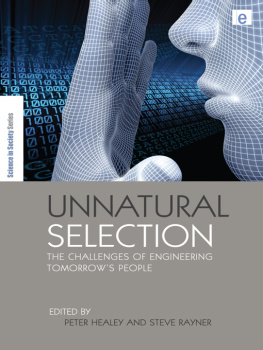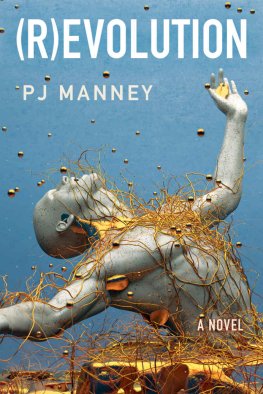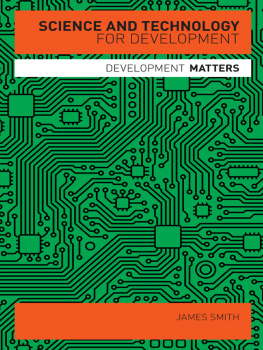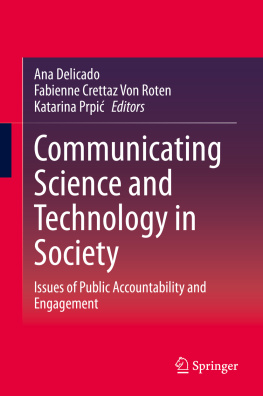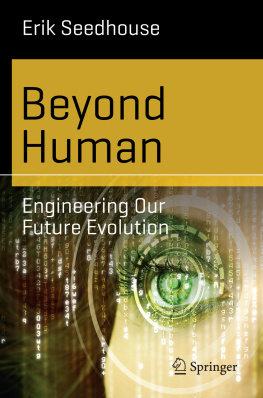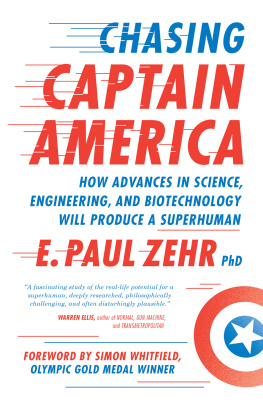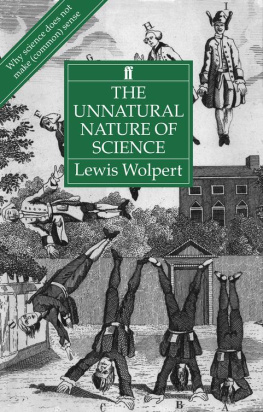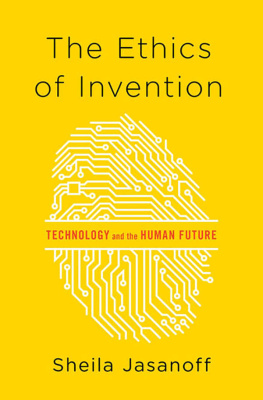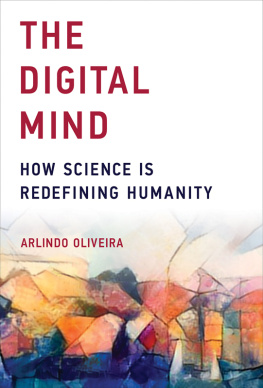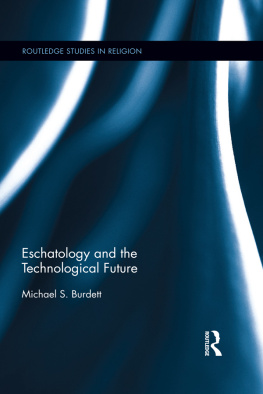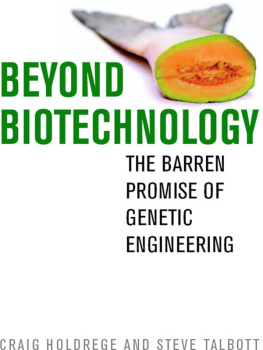List of Figures and Tables
FIGURES
| 2.1 |
| 2.2 |
| 2.3 |
| 2.4 |
| 2.5 |
| 2.6 |
| 2.7 |
| 5.1 |
| 11.1 |
| 16.1 |
| 16.2 |
| 18.1 |
| 20.1 |
| 20.2 |
| 20.3 |
| 20.4 |
| 22.1 |
| 27.1 |
| 27.2 |
TABLES
Acknowledgements
We would like to convey thanks to our close collaborators Demos, and especially to Paul Miller and James Wilsdon. They were a never-failing source of ideas and advice, and their edited volume Better Humans? The Politics of Human Enhancement and Life Extension (Demos Collection 21, 2006) contains more or less closely related pieces from a number of the authors represented here: Nick Bostrom, Rachel Hurst, Danielle Turner and Gregor Wolbring.
Susan Greenfields book Tomorrows People: How 21st Century Technology is Changing the Way We Think and Feel (Allen Lane, 2001) provided the subtitle to this volume.
The New Yorker cartoons in appear by permission of Cond Nast Publications.
Alfred Nordmanns original presentation, on which is based, is included in Ignorance at the heart of science? Incredible narratives of brainmachine interfaces, forthcoming in Johann S. Ach and Beate Lttenberg (eds) Ethics in Nanomedicine , Lit-Verlag, Berlin. A more sustained and more circumspect development of the argument can be found in Nordmanns (2007) If and then: A critique of speculative nanoethics, NanoEthics , vol 1, pp3146.
(by James Hughes) first appeared in 2007 in Nigel M. de S. Cameron and M. Ellen Mitchell (eds) Beyond Human Nature: The Debate over Nanotechnological Enhancement , pp6170, and is reprinted with permission of John Wiley and Sons, Inc.
(by Sarah Harper) is an updated and abridged version of a paper published in 2006 in Journal of Population Research , vol 23, no 2.
(by Olshansky et al) is reprinted with permission from The Scientist , where it was originally published in March 2006.
Parts of (by Danielle Turner) were published in 2006 in BioSocieties , vol 1, no 1, pp113123. Dr Turner would like to thank Barbara Sahakian, Luke Clark and Simon Redhead for helpful discussions.
Parts of on Bioethics, Oxford University Press, pp516535; and In defence of procreative beneficence: Response to Parker, published in 2007 in Journal of Medical Ethics , vol 33, pp284288.
The authors of (Zhao Yandong and Ma Ying) thank Jon Pederson and Guihua Xie for their valuable comments on a draft of this paper.
We should like to thank our editors at Earthscan, especially Alison Kuznets and Hamish Ironside, for their skill and patience in making this book possible.
Peter Healey and Steve Rayner
Oxford
October 2008
List of Contributors
Bill Bainbridge , Co-director, Human-Centred Computing, National Science Foundation, Arlington, VA, USA. wbainbri@nsf.gov
Nick Baylis , Co-director, Well-being Institute, University of Cambridge, UK.
Nick Bostrom , Professor and Director, Future of Humanity Institute, University of Oxford, UK. nick.bostrom@philosophy.ox.ac.uk
Robert A. Butler , President and CEO, International Longevity Center, New York, NY, USA.
Z. F. Cui , Donald Pollock Professor of Chemical Engineering and Director, Oxford Centre for Tissue Engineering and Bioprocessing, University of Oxford, UK. zhanfeng.cui@eng.ox.ac.uk
Aubrey de Grey , Chairman and Chief Science Officer, Methuselah Foundation, Lorton, VA, USA.
Joel Garreau , Principal, The Garreau Group.
Robin Hanson , Department of Economics, George Mason University, Washington, DC, USA. rhanson@gmu.edu
Sarah Harper , Professor of Gerontology and Director of the Oxford Institute of Ageing, University of Oxford, UK. sarah.harper@ageing.ox.ac.uk
Peter Healey , Research Fellow, James Martin Institute for Science and Civilization, University of Oxford, UK. Peter.Healey@sbs.ox.ac.uk
Ellen Heber-Katz , Professor, Molecular and Cellular Oncogenesis Program, Wistar Institute, Philadelphia, PA, USA.
James Hughes , Executive Director, Institute for Ethics and Emerging Technologies, Trinity College, Hartford, CT, USA. James.Hughes@trincoll.edu
Rachel Hurst , Disability Awareness in Action, UK.
Tom Kirkwood , Professor of Medicine and Director of the Institute of Ageing and Health, Newcastle University, UK. tom.kirkwood@newcastle.ac.uk
Wolfgang Lutz , Adjunct Professor of Demography and Social Statistics, University of Vienna, Austria. lutz@iiasa.ac.at
Ma Ying , Institute of Science, Technology and Society, Chinese Academy of Science and Technology for Development, Peoples Republic of China.
Richard A. Miller , Professor of Pathology, University of Michigan, USA. millerr@umich.edu
Alfred Nordmann , Professor of Philosophy and History of Science, Darmstadt Technical University, Germany. nordmann@phil.tu-darmstadt.de
David Nutt , Professor of Psychopharmacology and Head of Community-Based Medicine, University of Bristol, UK. David.J.Nutt@bristol.ac.uk
S. Jay Olshansky , Professor, School of Public Health, University of Illinois at Chicago, USA. sjayo@uic.edu
Daniel Perry , Executive Director, Alliance for Aging Research, Washington, DC, USA.
Steve Rayner , James Martin Professor of Science and Civilization, University of Oxford, UK. Steve.Rayner@sbs.ox.ac.uk
Arie Rip , University of Twente, The Netherlands. a.rip@utwente.nl
Anders Sandberg , James Martin Research Fellow, Future of Humanity Institute, University of Oxford, UK. anders.sandberg@philosophy.ox.ac.uk
Dan Sarewitz , Professor of Science and Society and Director of the Consortium for Science, Policy and Outcomes, Arizona State University, USA. dsarewit@exchange.asu.edu
Julian Savulescu , Uehiro Chair in Practical Ethics and Director of Uehiro Centre for Practical Ethics, University of Oxford, UK. julian.savulescu@philosophy.ox.ac.uk
Peter Schwartz , Co-founder and Chairman of Global Business Network, San Francisco, CA, USA.
Lee Silver , Professor of Molecular Biology and Public Policy, Woodrow Wilson School of Public and International Affairs, Princeton University, USA. lsilver@princeton.edu
Danielle C. Turner , Department of Psychiatry, University of Cambridge, UK. dct23@cam.ac.uk
Shiv Visvanathan , Dhirubhai Ambani Institute of Information and Communication Technology, Gujarat, India.
Kevin Warwick , Professor of Cybernetics, University of Reading, UK. k.warwick@reading.ac.uk
Gregor Wolbring , Faculty of Medicine, University of Calgary, Alberta, Canada. gwolbrin@ucalgary.ca
Zhao Yandong , Institute of Science, Technology and Society, Chinese Academy of Science and Technology for Development, Peoples Republic of China.
1
Introduction
Peter Healey and Steve Rayner
Conventional explorations of the interaction between cultural and genetic inheritance in the evolution of human beings are based on a clear line of causation: the twin tracks of that evolutionary process have shaped who we are and, in particular, shaped the religious, spiritual and moral awareness and values which many consider to be at the core of our identity, our human nature.
The chapters in this book look at what some characterize as the next stage of evolution: conscious efforts by human beings to reshape their inherited physical, cognitive and emotional identities by extending lifespan and enhancing human capacities. The values and identities go from consequence to cause we are what we want to be.

